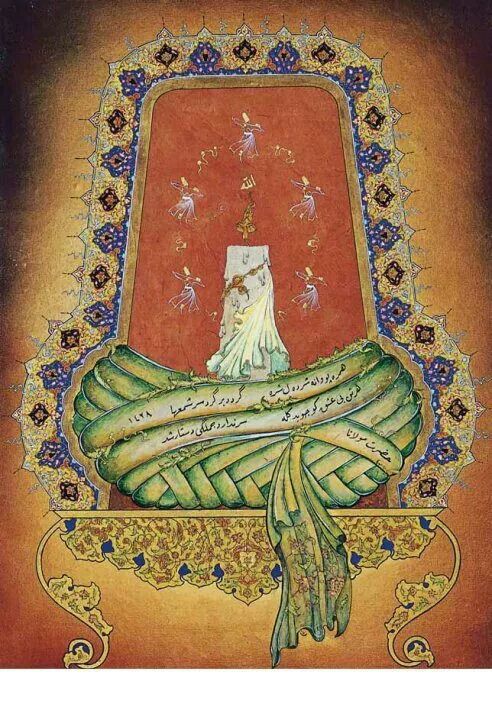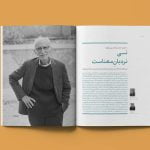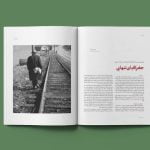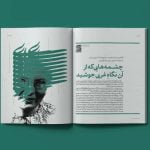In the prose introduction to the fifth book of the Masnavi, Rumi tells us exactly where he stands within the Muslim tradition of Law (Shari’at), the way of the Sufis (tarigat) and gnosis or the attainment of truth (haqiqat).
He tells us that the law of religion is like a candle that shows us the way; without that candle we cannot even set food to the spiritual path. Once the way is lit with the light of the law, the wayfarer begins his spiritual quest, which takes place on the Sufi path. At the end of the journey, one arrives at truth.
Rumi uses alchemy as an analogy. The theories behind the transmutation of metal as learned from a teacher or a book are like the laws of religion. One needs to know these before one can begin walking down the path, but one only comes to see how the theory applies to real life as one walks the Sufi path. It is in the experience of the spiritual path that we actually apply the chemical agents to the metal, as it were. Only by following the path to the end can we turn the actual copper into gold and attain the truth.
At any given moment we all stand at different points on his spiritual path and as humans, we tend to rejoice in and champion the particular stage we happen to occupy at the moment. Those who know the theory of alchemy boast of their attainments. Those who actually perform alchemy rejoice in their transformative magic. But those transmuted into gold, have left behind the preoccupations of either knowing or applying the theory.
Rumi next compares the three stages of religion to the field of medicine. Religious law is like learning the science of medicine. Actually taking the appropriate medicine and observing a proper diet is what the Sufi path is all about. But true health consists in dying to the passions of the world and when we die, both the law and the path fade into nothingness; only the face of God remains in our field of vision.
Therefore, those who wish to meet their Lord should do good works and keep their hearts and minds focused on their worship of the one true God, allowing nothing and no one else to adulterate their aspirations, as the Koran demands (K18:110).
Reference
Lewis, Franklin D. Rumi: Past and Present, East and West: The life, Teaching and poetry of Jalal Al-Din Rumi. Oxford: One World Publications (UK), 2000, p. 37.










